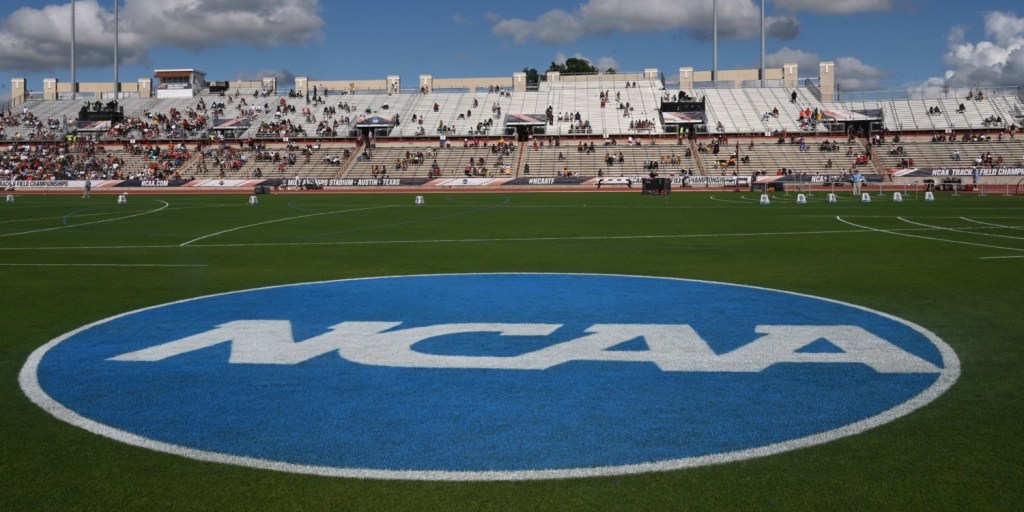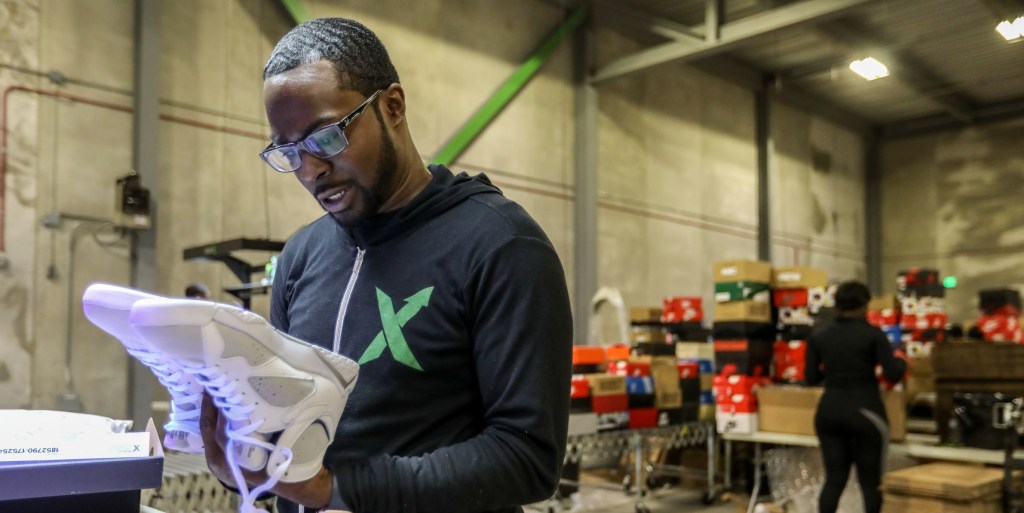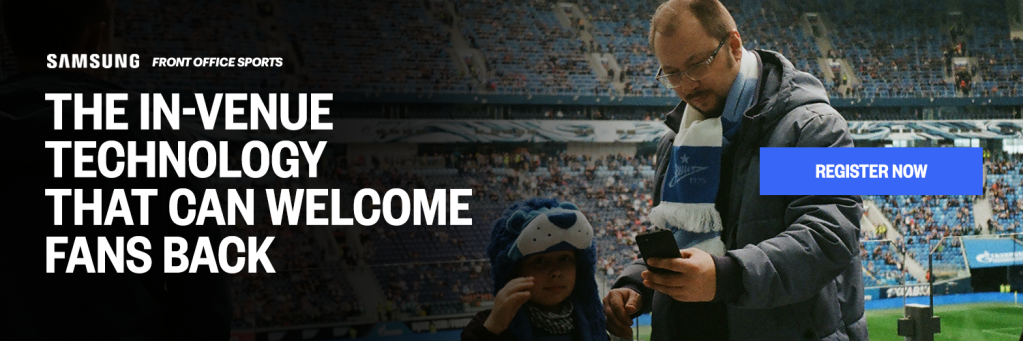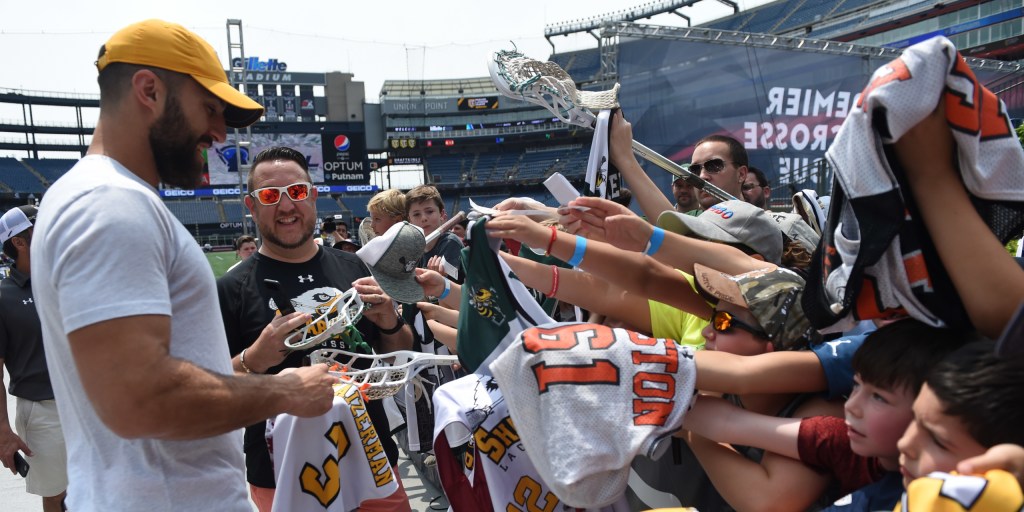The Supreme Court will hear arguments for NCAA v. Alston next year, setting up a landmark decision that could send ripples through college sports.
A circuit court previously ruled that the NCAA had violated antitrust law by limiting education-related compensation benefits that some athletes could receive. The Supreme Court’s decision could impact whether the NCAA might be eligible for the antitrust exemption it’s long sought from Congress.
What the Case’s Lawyers Say
- “The NCAA and its members continue to believe that college campuses should be able to improve the student-athlete experience without facing never-ending litigation regarding these changes,” NCAA chief legal officer Donald Remy said in a statement.
- “We look forward to the Supreme Court now reaffirming that the antitrust laws apply in full to the multi-billion dollar businesses of [Division I basketball] and FBS football,” plaintiffs’ attorney Jeffrey Kessler told FOS in a statement. “The era of exploiting the athletes who work in these businesses should now come to an end.”
Boise State assistant professor Sam Ehrlich, who filed a third-party brief saying the court should hear Alston, wrote to FOS:
- “I think it’s good for both parties that the Court will be evening out and resolving the clear inconsistencies in the way that antitrust law has been applied to NCAA amateurism rules by the various appellate circuit courts.”
The case will be heard as the NCAA is changing its rules to permit athletes to be compensated for their name, image and likeness. The NCAA has argued NCAA v. Alston blurs the lines between a student-athlete and professional.






